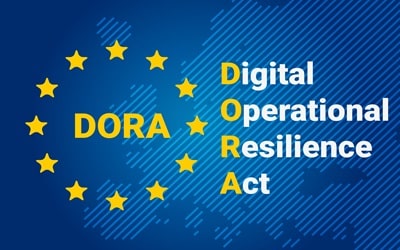Identifying fraudsters on the internet
In an exclusive interview with Cyber Intelligence, Patrick Harding, chief product architect at digital identity security company, Ping Identity, outlines the growing threat of identity theft and fraud, explaining how it evolved and what can be done to counter it.
Everybody is forced into digital transactions and relationships and identity management is fundamental to knowing who you are interacting with. The problem goes back to the beginning of the internet in the 1990s and a cartoon of a dog in front of a computer with the caption, “On the internet no-one knows you’re a dog!” That really illustrates the core problem of identifying online users and customers. The extent to which this is carried out largely depends on the sensitivity of the activity concerned. There is a big difference between buying a pair of jeans online and opening a bank account. In both cases, there is a significant series of steps which could include requesting passport ID for financial services.



